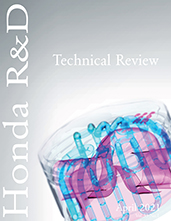Training / Education
Fundamentals of Automotive All-Wheel Drive Systems
This course provides an introduction to the fundamental concepts and evolution of passenger car and light truck 4x4/all-wheel drive (AWD) systems including the nomenclature utilized to describe these systems. Basic power transfer unit and transfer case design parameters, component application to system function, the future of AWD systems, and emerging technologies that may enable future systems are covered. This course is an excellent follow-up to the 98024-A Familiarization of Drivetrain Components course (which is designed for those who have limited experience with the total drivetrain).

